‘The Young Generation will Change Ukraine’
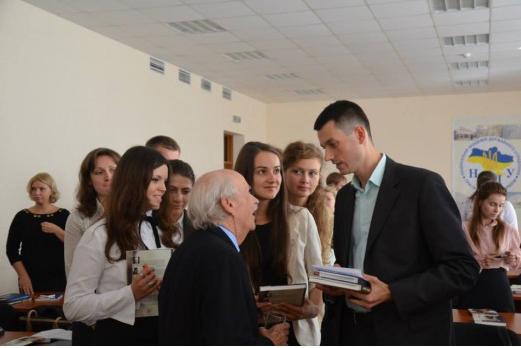
How to educate a new generation of active citizens interested in public affairs in a fledgling democracy? A programme devoted to helping Ukraine become a truly European country is based on the experience of other countries such as Switzerland.
Could Bohdan Hawrylyshyn ever have imagined, when he left his native Ukraine at age 20, what a successful career he would have and how he would influence global economic and political processes?
Probably not, but that’s what happened.
During the Second World War he ended up in Germany, after which he emigrated to Canada. Since the 1960s he has been living in the Swiss city of Geneva. He received a doctorate in economics from the University of Geneva and later became a full member of the Club of Rome.
Yet he was ready to share his knowledge and wealth with his home country, especially in light of the difficult political and economic situation there in recent years.
To this end, the 89-year old Hawrylyshyn set up a charitable foundation, the Bohdan Hawrylyshyn FoundationExternal link, which was inaugurated in Kiev more than five years ago, with the goal of helping bring about a new generation of citizens in Ukraine.
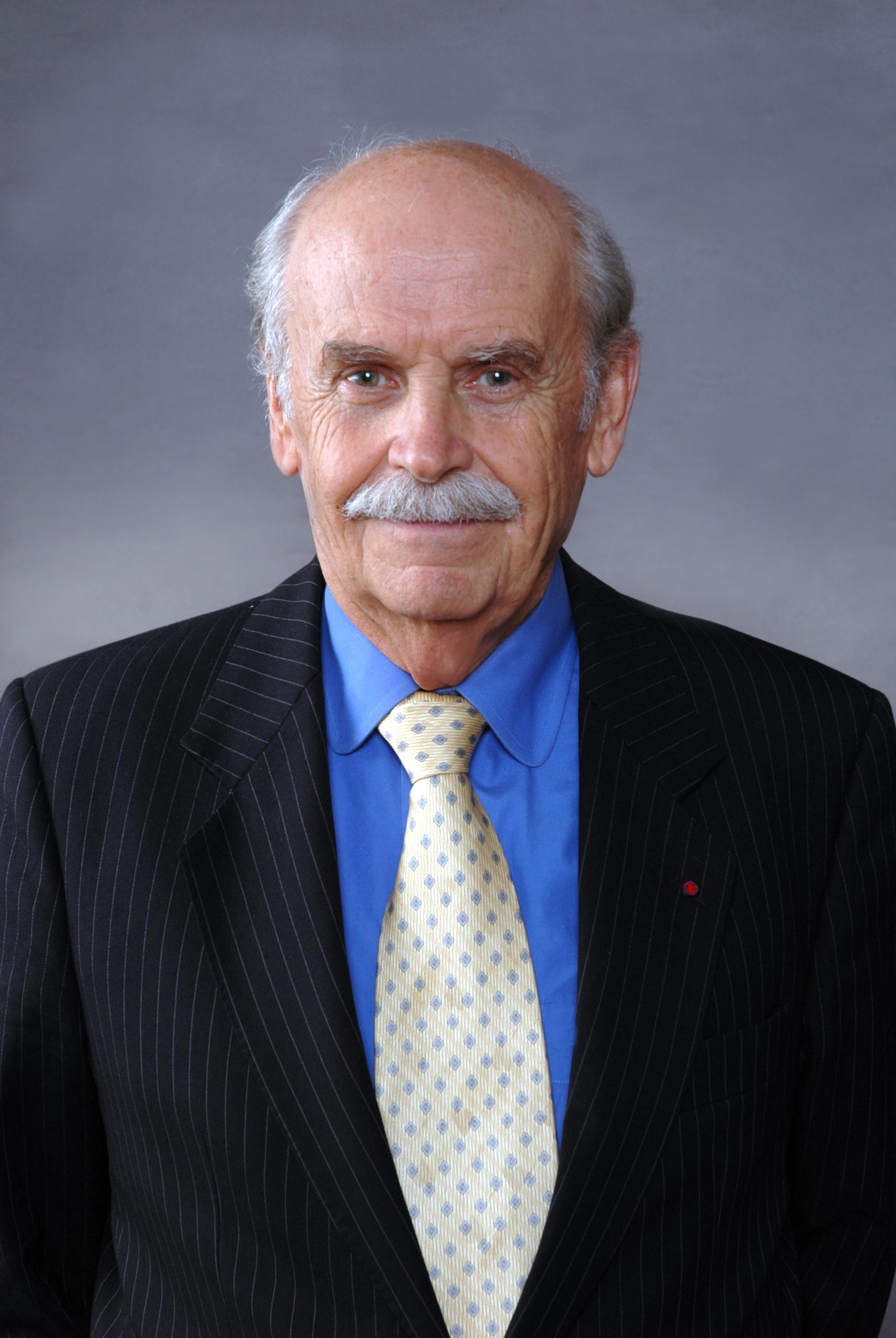
But who exactly are these citizens, and what should they be like?
According to the Foundation’s Charter, they are “professional, patriotic Ukrainians who are concerned about the public good, participate actively in public and political life, can cooperate with others and form a critical mass of people capable of transforming Ukraine in the future.”
In late 2012, the Foundation launched a long-term programme called The Young Generation will Change UkraineExternal link.
This idea makes sense, for who else if not young people, educated and active, should set about solving the manifold problems besetting the country and undertake the task of making Ukraine a truly European society, characterized by political freedom, efficiency and transparency, a high level of economic wellbeing, social justice and a harmonious relationship with nature?
Politics and urban planning
“The main idea behind the programme is sending young Ukrainians on study trips abroad. There they gain experience, new knowledge and skills that they can then apply on return to Ukraine,” explains Olga Melikh, who runs the The Young Generation will Change Ukraine association linking programme participants.
Six countries were selected for the programme. Firstly Poland, as it is “close to us geographically and in mentality, plus it has undergone a major transformation from the Soviet period to European Union membership” as Melikh explains.
The other countries are Austria, Germany, Norway, Sweden and Switzerland.
“Participants find out as much as they can about these countries, which were chosen because they have well-developed civil societies, functioning democracies, effective economic systems, and no big gap between rich and poor. In addition, people there live in harmony with nature and favour sustainable development,” she adds.
Programme
Groups are formed comprising six to seven students or young professionals, each with knowledge in a particular field, be it energy efficiency, foreign policy, the agro-industrial sector or urban planning.
In a nutshell
The Young Generation will Change Ukraine programme was launched by the Bohdan Hawrylyshyn Foundation in 2012.
Its participants are young, active citizens aged 20 to 35 who have sound knowledge in their respective fields and are proficient in English.
Under the programme, groups of six to seven people are formed which study the experience of one of the following countries: Austria, Germany, Norway, Poland, Sweden and Switzerland.
On return to Ukraine, they apply what they have learned abroad in their work in the executive and legislative branches of government, at the local level initially and later possibly at the national level.
In addition to this knowledge and the wish to enhance it, the participants must also want to put this experience into practice later on.
“The participants choose themselves what topic to focus on and they travel to one of the countries for a week to learn more about it,” says Melikh.
There they attend conferences, seminars and forums and meet politicians. “We provide the contacts so they can get in touch with the partner countries’ embassies in Ukraine, and we also organise meetings with the relevant ministries in these countries.”
Under the programme rules, the participants must be between 20 and 35 years of age, have a good grounding in their respective fields and an advanced level of English.
Each group must also comprise three to four students who speak the language of the country of study.
Different interests
The groups should include people with different interests. “If we are focusing on energy issues, not everyone in the group needs to have a technical background,” says Denis Kutsi, a former participant with a doctorate in technical sciences. He was part of a group that travelled to Germany to study energy development matters there.
As he explains, “our group’s goal was to understand the link between different sectors, for example, to understand how energy issues affect society, how business and energy are connected. After that, we sat down to examine all the information gathered and analyse how it could be implemented in Ukraine.”
Swiss experience
The study trips are entirely financed by the Bohdan Hawrylyshyn Foundation.
“It is our task to help organise and prepare the trips,” says Melikh. So far, over 50 different groups have been organised, and the results are already beginning to show.
Here are just two examples: one former participant is now Ukraine’s deputy minister of ecology and is implementing the European experience on Ukrainian soil. Another is working as an adviser on urban planning at the Kiev mayor’s office.
One group visited Switzerland in late 2014, with the aim of studying the particularities of its domestic and foreign policies.
“We were interested in the experience of decentralisation and direct democracy. We constantly asked ourselves what Ukraine could learn from Switzerland, what powers should be transferred to the regions and how,” says Pavel Cherkashin, who heads an association called Youth Diplomatic Initiative.
Together with his group, he visited the Swiss foreign ministry and the parliament building in the capital, Bern, and attended a lecture at Zurich University on why Switzerland still maintains its neutrality.
After visiting the Federal Institute of Technology in Zurich, he became particularly interested in the Swiss education system.
Optimise
Of course, the European experience cannot be adopted without taking into account Ukraine’s own political, historical and cultural traditions.
Another participant in the group that studied Switzerland’s democratic experience, Marina Kabak, who has a degree in international relations, stressed decentralisation as one of the main points that Ukraine could learn from.
This in turn leads to “freedom and greater efficiency and, above all, the direct involvement of citizens in political processes,” she says.
In her view, Ukraine should follow the Swiss example and “increase the powers of local authorities and give citizens the possibility to influence political processes directly through popular initiatives and referendums.”
Decentralise
In doing so, though, Ukraine “should bear in mind the following particularity: federalism in Switzerland came about in the course of historical development, and was not imposed from above.”
Melikh also emphasizes the need for decentralisation.
“If you don’t transfer power to the local level, then you’ll never make any headway. It’s like the optimisation of business processes. It is highly inefficient when the centre decides which region to give money to, without knowing what is happening on the spot.”
Above all, though, Melikh is delighted that many ideas picked up by the participants during their study visits are now being put into practice.
“Even after the end of a particular project we try in different ways to inspire the participants: for example, if they can’t get the authorities to take action on a particular issue, we encourage them to run for local government themselves. Firstly, while they are young and active, and secondly, getting things done at local level is generally easier.”
In his speech at the Foundation’s inauguration, Bohdan Hawrylyshyn predicted that in the next 20 years Ukraine would undergo a transformation in all spheres of life and all branches of government.
“This is a challenge for the new generation, for the new political and social elite which, I hope, will work for the good of society.” With programmes such as The Young Generation will Change Ukraine, it seems the country will indeed have every chance of success.
Translated from Russia by Julia Bassam

In compliance with the JTI standards
More: SWI swissinfo.ch certified by the Journalism Trust Initiative
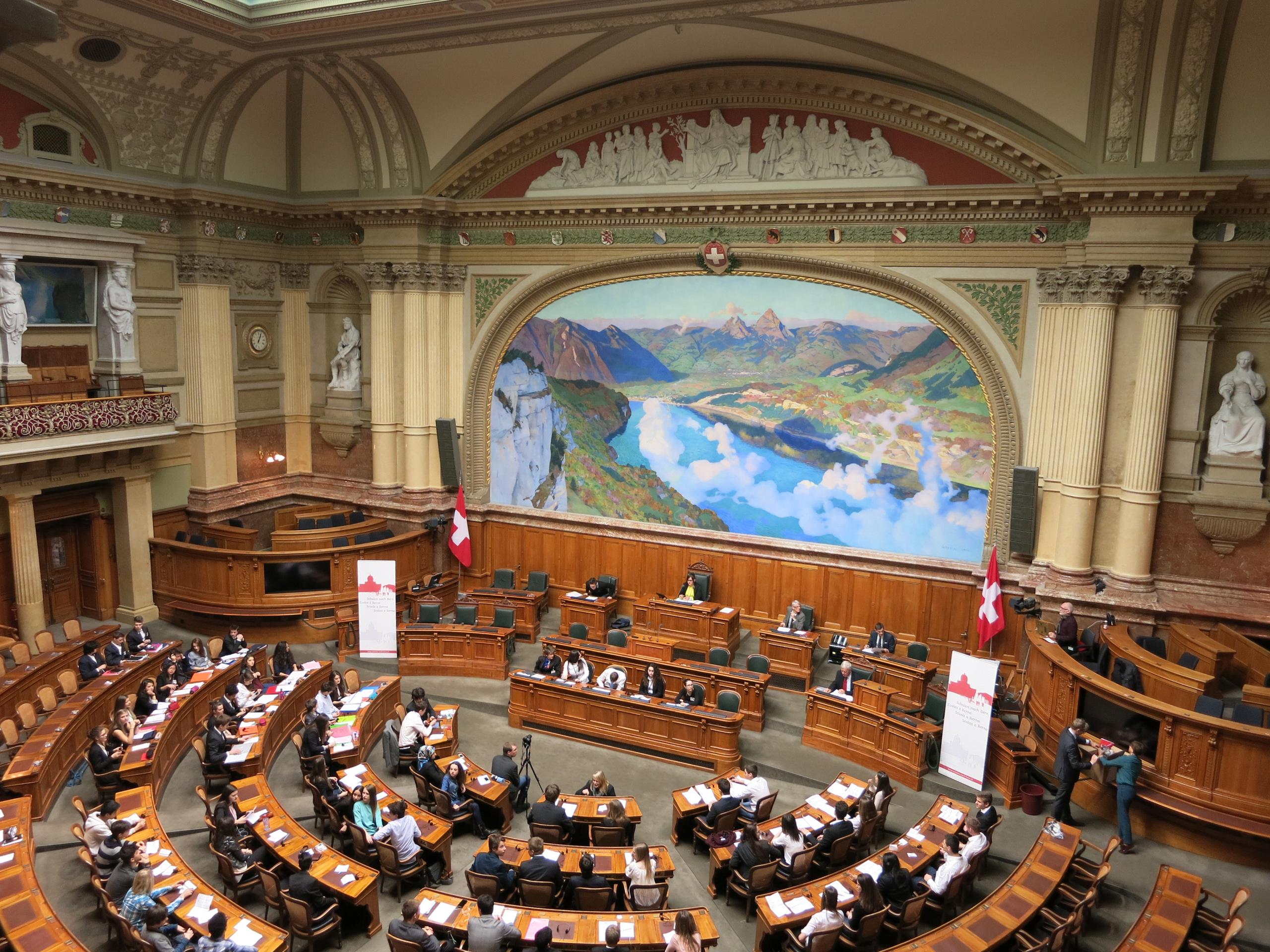
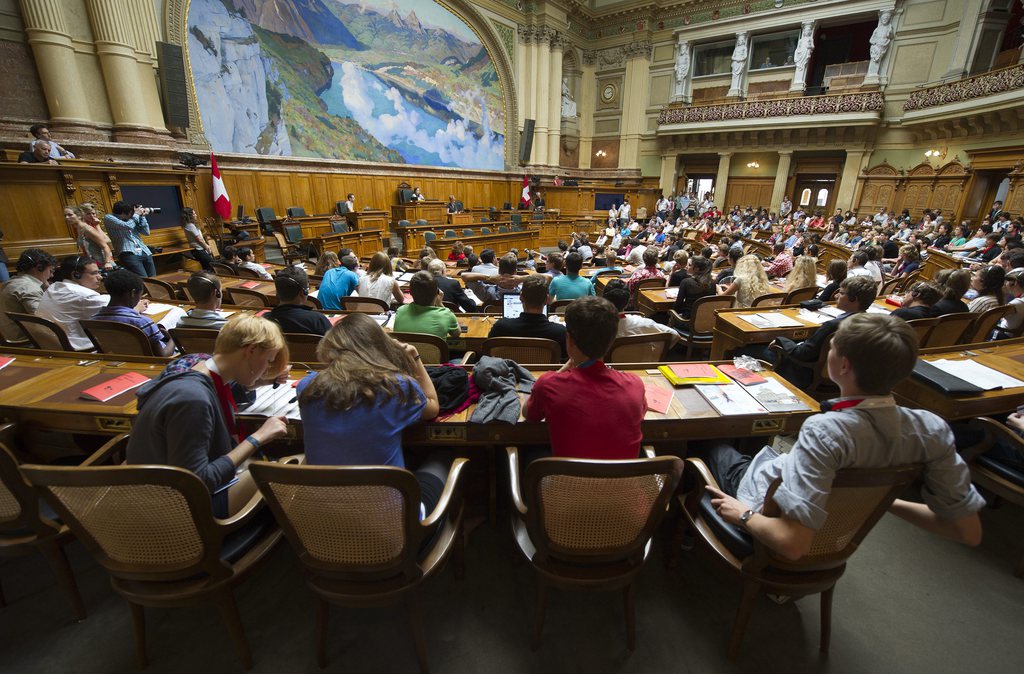
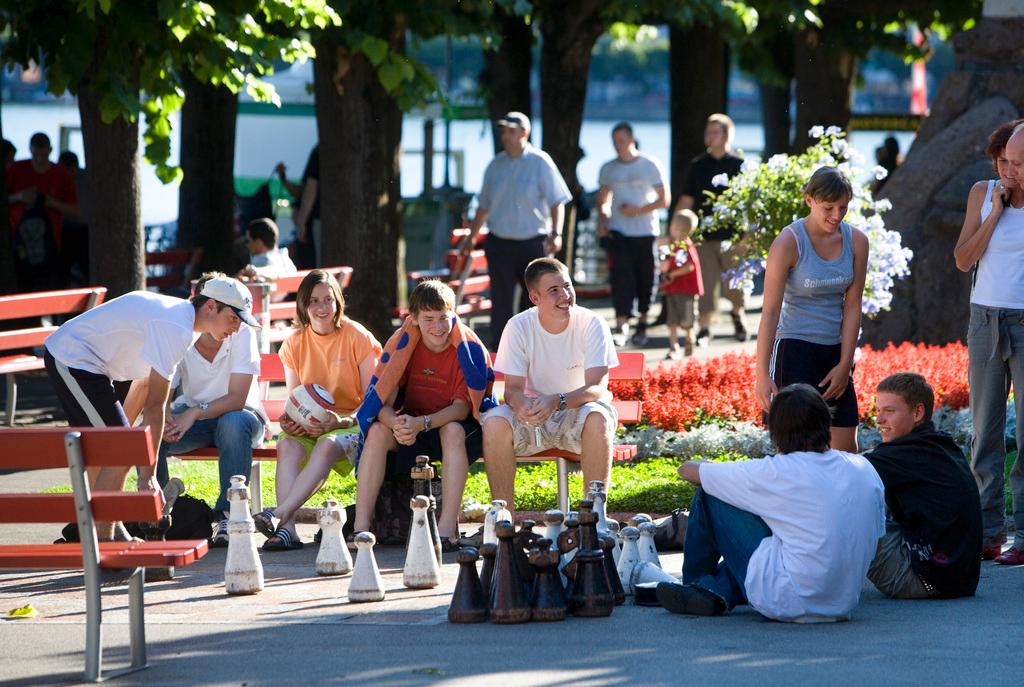
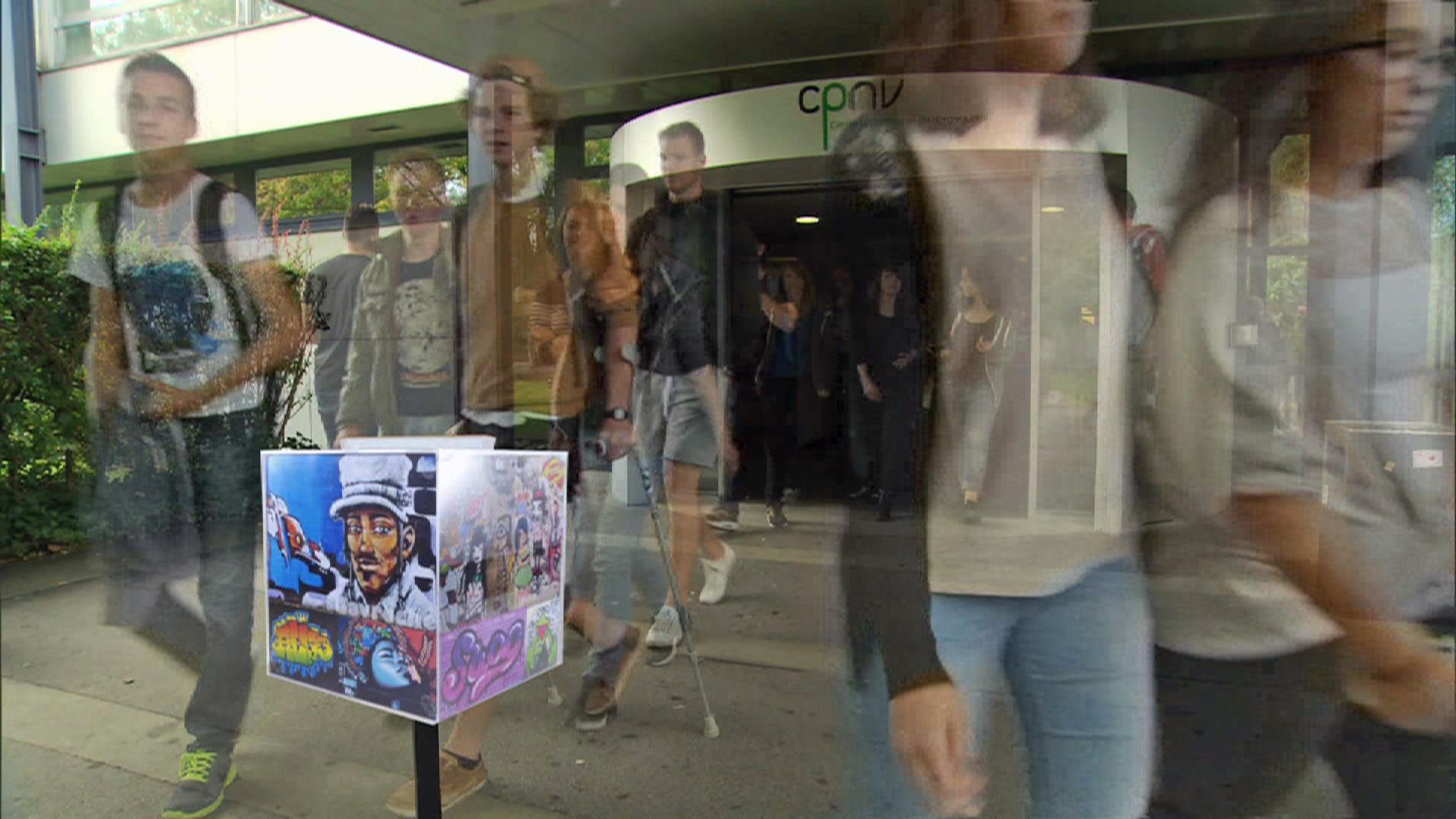
You can find an overview of ongoing debates with our journalists here. Please join us!
If you want to start a conversation about a topic raised in this article or want to report factual errors, email us at english@swissinfo.ch.